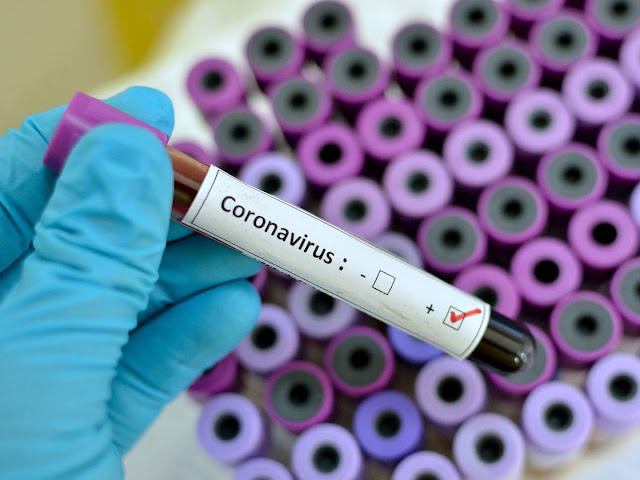How to Protect Yourself From Coronavirus?
What is Corona Virus Disease?
Cases of COVID-19 have been reported in a growing number of countries, including the U.S. WHO declared a global pandemic in March 2020. Public health groups, such as the World Health Organization (WHO) and the U.S. Centers for Disease Control and Prevention (CDC), are monitoring the situation and posting updates, treatment and prevention recommendations on their websites.
How to Protect Yourself From Coronavirus?
The World Health Organization has declared the coronavirus a pandemic, and the number of cases continues to rise worldwide. Here 3MEDS listed five basic steps can help you reduce your risk of getting sick or infecting others.
1. Stay home: Corona Virus is a disease that has been spread in 185 countries all over the world. And there is not any possibility to
Even if you have no underlying health conditions, and no symptoms, be extra cautious to protect other people
You can do your part to help your community and the world. Do not get close to other people.
This is called “social distancing” or “physical distancing,” and is basically a call to stand far away from other people. Experts believe the coronavirus travels through droplets, so limiting your exposure to other people is a good way to protect yourself.
Even if you have no underlying health conditions, and no symptoms, be extra cautious to protect other people
You can do your part to help your community and the world. Do not get close to other people.
This is called “social distancing” or “physical distancing,” and is basically a call to stand far away from other people. Experts believe the coronavirus travels through droplets, so limiting your exposure to other people is a good way to protect yourself.
Avoid public transportation when possible, limit nonessential travel, work from home and skip social gatherings. Don’t go to crowded restaurants or busy gyms. You can go outside, as long as you avoid being in close contact with people.
2. Wash your hands Continuously: Wash your hands, wash your hands, wash your hands. That splash-under-water flick won’t cut it anymore.
3. Stay Updated: Knowing what is accurate can protect you and your family
There’s a lot of information flying around, and knowing what is going on will go a long way toward protecting your family.'
4. Follow respiratory hygiene: Make sure you, and the people around you, follow good respiratory hygiene. This means covering your mouth and nose with your bent elbow or tissue when you cough or sneeze. Then dispose of the used tissue immediately.
5. Create a household Plan: Create a household plan of action in case of illness in the household or disruption of daily activities due to COVID-19 in the community.
- Consider the 2-week supply of prescription and over the counter medications, food, and other essentials. Know how to get food delivered if possible.
- Establish ways to communicate with others (e.g., family, friends, co-workers).
Establish plans to telework, what to do about childcare needs, how to adapt to cancellation of events.
If you develop fever, cough and difficulty breathing, seek medical advice promptly as this may be due to a respiratory infection or other serious condition. Call in advance and tell your provider of any recent travel or contact with travelers. Why? Calling in advance will allow your health care provider to quickly direct you to the right health facility. This will also help to prevent the possible spread of COVID-19 and other viruses.
- Consider the 2-week supply of prescription and over the counter medications, food, and other essentials. Know how to get food delivered if possible.
- Establish ways to communicate with others (e.g., family, friends, co-workers).
Establish plans to telework, what to do about childcare needs, how to adapt to cancellation of events.





Comments
Post a Comment